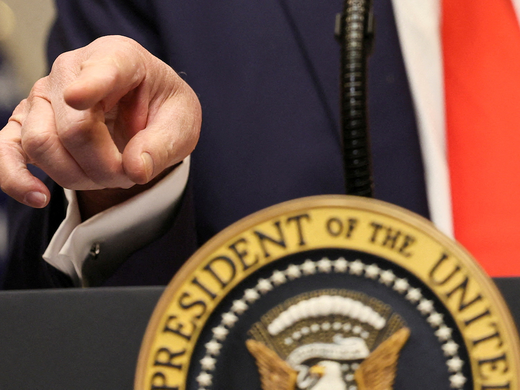The renegotiation of the North American Free Trade Agreement (NAFTA) offers a unique opportunity to better align international trade and investment with international Indigenous and human rights law. The announcement that Canada is seeking the inclusion of an Indigenous peoples’ chapter in NAFTA as a priority is a bold step to protect Indigenous rights, while enhancing Indigenous peoples’ increased participation in international trade. Not only does Canada’s prioritization of a progressive trade agenda, which includes the promotion of an Indigenous peoples’ chapter, help to realize economic equity, it is also consistent with Canada’s stated commitment to Indigenous rights and renewed nation-to-nation and Inuit-to-Crown relationships. In order for Canada to take the lead globally in progressive and inclusive trade, the government must develop a process for broader-based collaboration in a spirit of cooperative decision making in accordance with international law.
The adoption of the United Nations Declaration on the Rights of Indigenous Peoples in 2007, and the more recent reaffirmation of Indigenous rights in the American Declaration on the Rights of Indigenous Peoples, lend credence to the claim that participation of Indigenous peoples in the negotiation of international trade and investment agreements, which have the potential to impact their rights, is consistent with international law. Canada should continue to push for a chapter on Indigenous peoples and trade in NAFTA, for both principled and pragmatic reasons: creating opportunities that enhance Indigenous cross-border trade and obtaining the consent of Indigenous peoples for NAFTA negotiations would provide increased economic certainty, which is attractive to international investors.


